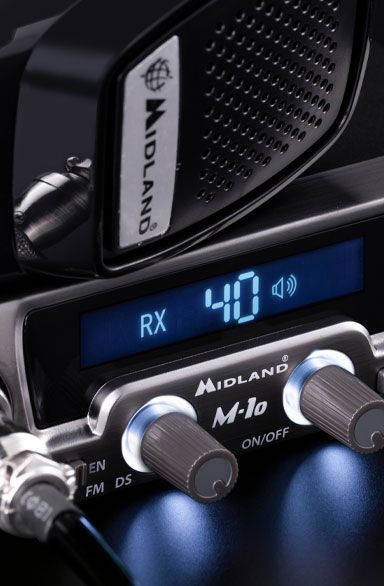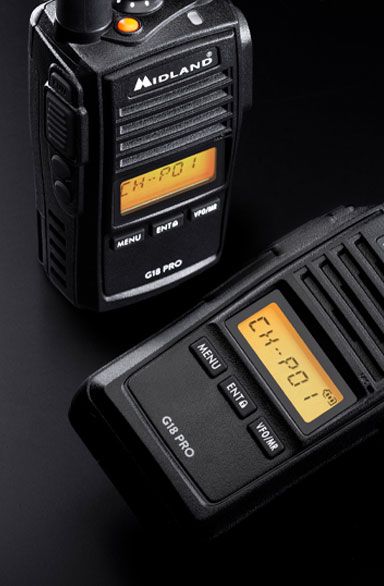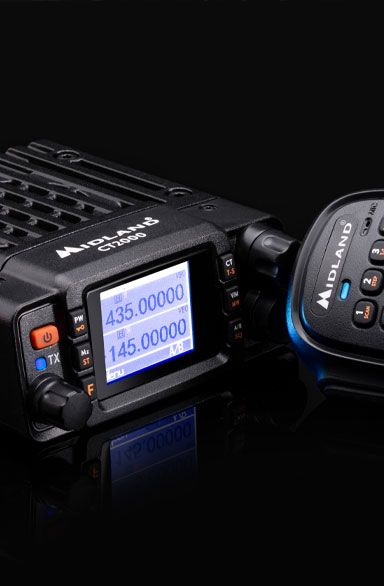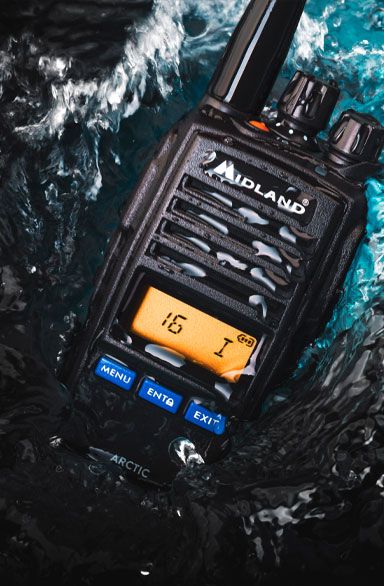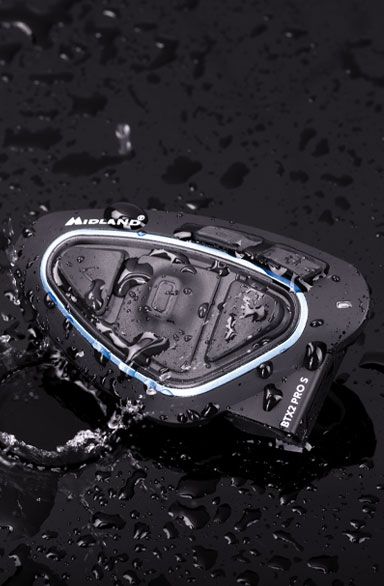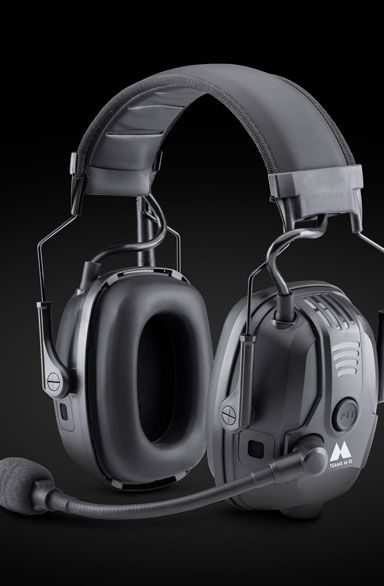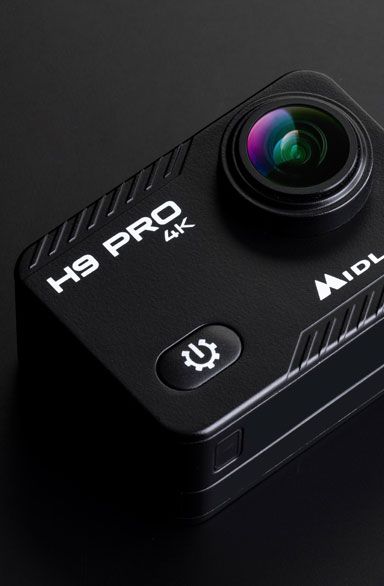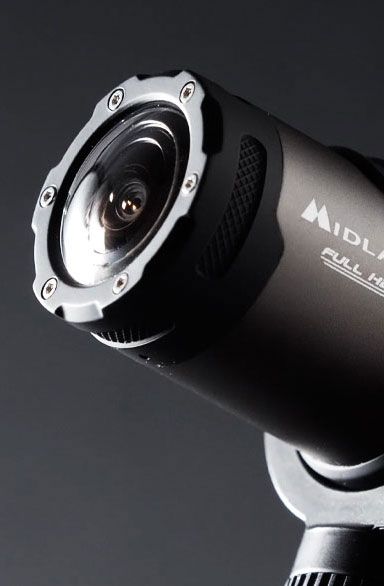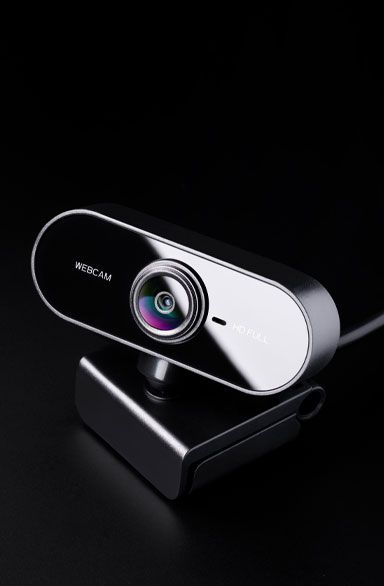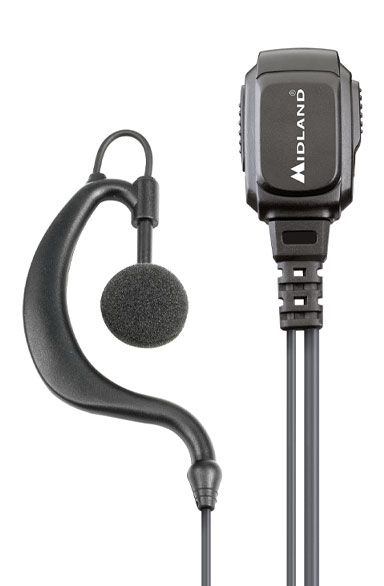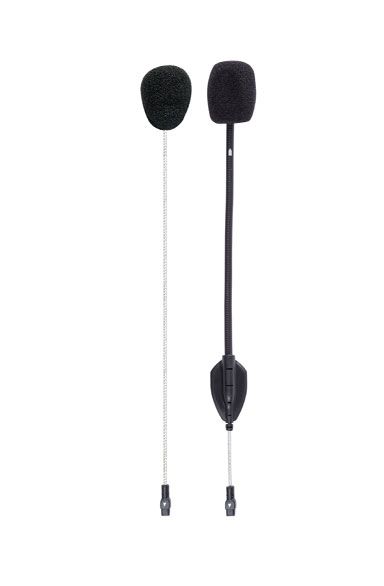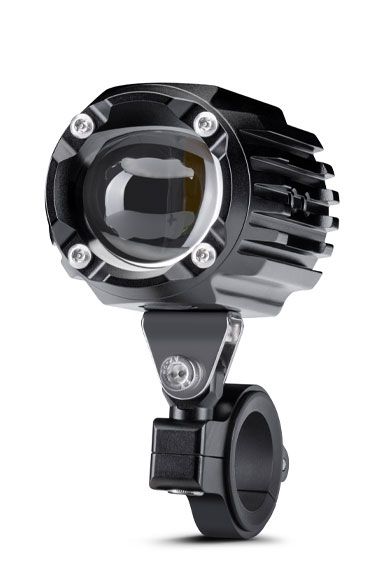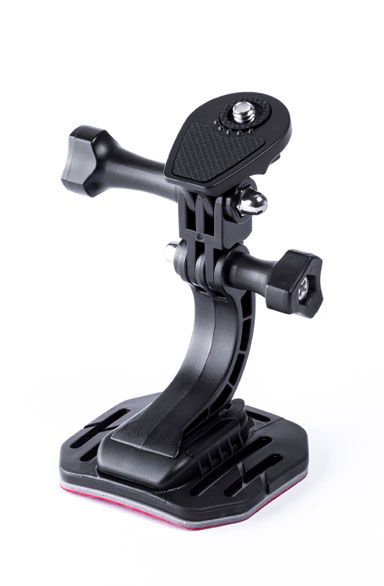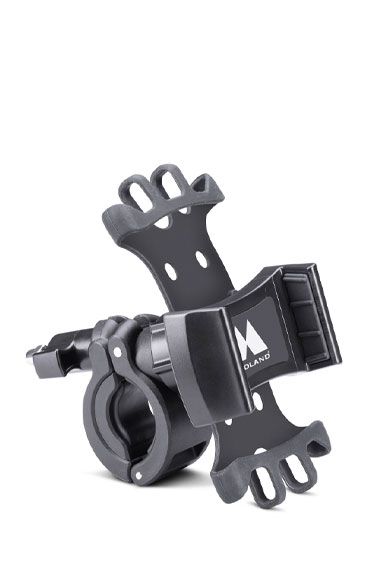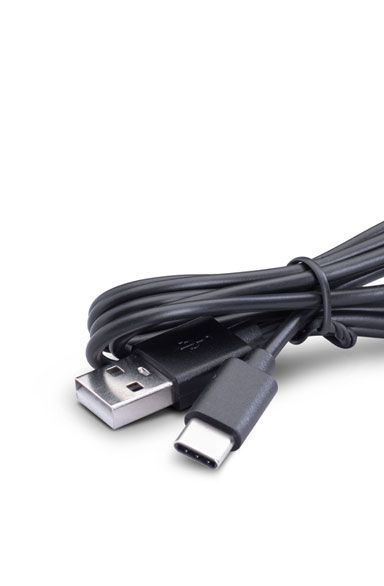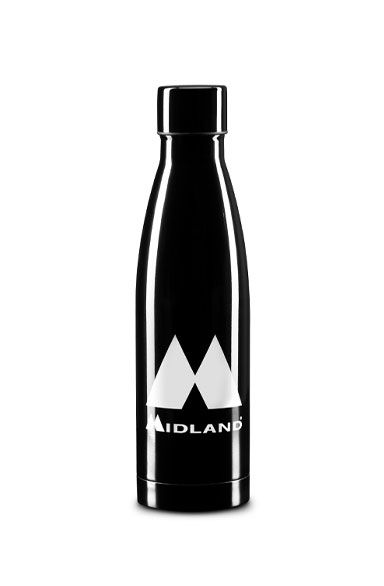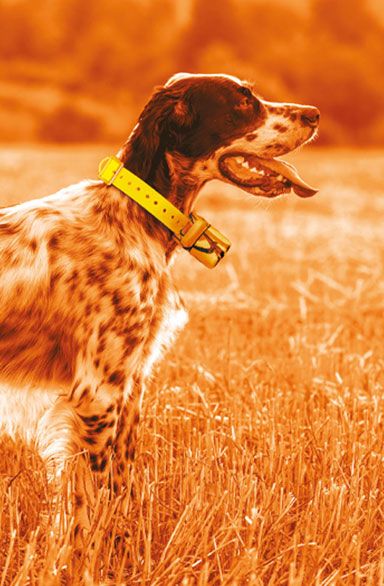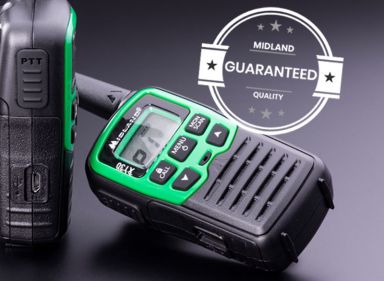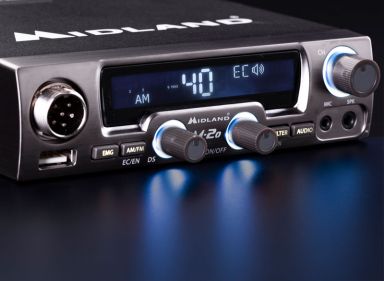How truckers communicate with CB radio: here's the vocabulary

Communicating among truckers: the CB radio vocabulary
"Break, break, 73 51 at wheel, pitch"
If you understand what this phrase means, you're one of us!
If you don't, don't worry; we at Midland have got your back.
When you ask a trucker how many languages they speak, they'll definitely tell you that they know at least one other than Italian: it's the language of the CB radio.
You may not know that those who use CB radios for work, like truckers, have adopted a specific language that allows for concise, quick, and immediate communication. When talking on the CB, there isn't always time for lengthy conversations. It's essential to get straight to the point for at least two reasons:
when encountering another trucker, the time for communication is quite brief.
to leave room for others to join the conversation.
That's why, if you tune in to a channel where multiple truckers are communicating, you'll hear words like "puffi," "traback," "bailame," "heavy bar," or "light," and "gringhella." You'll also hear codes like QRT, QRX, or QSO, as well as words like "battery charger," "wheel," and "charging the pupils," which don't mean what you might imagine.
To introduce everyone to the world of CB radio, we at Midland have created a brief guide to understanding the most commonly used terms for trucker communication with the "baracchino" (in trucker lingo, CB radio).
Where Does the CB Radio Language Come From?
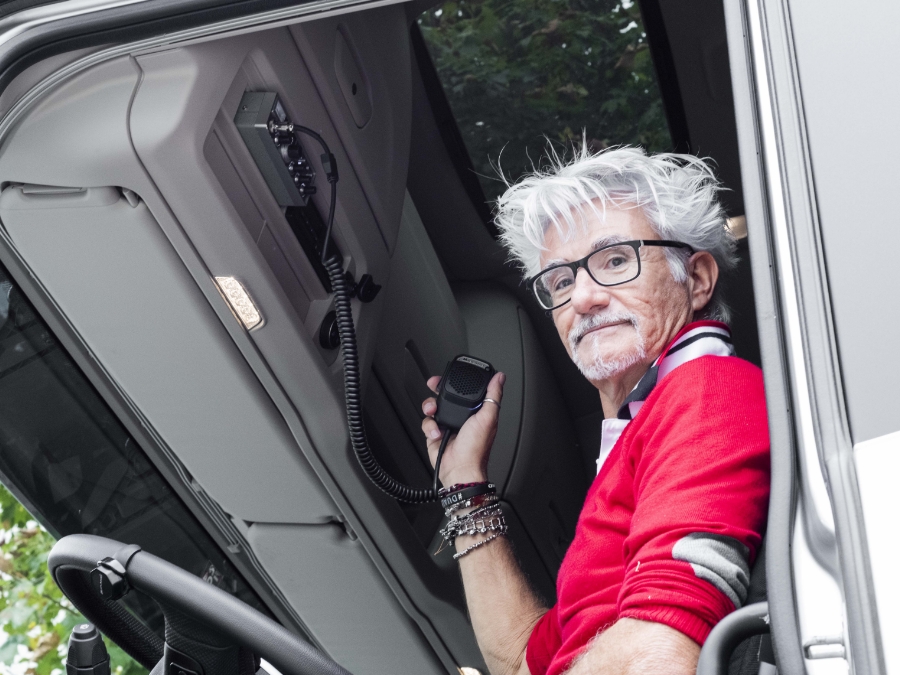
First and foremost, it's essential to emphasize that it all originates from the language of amateur radio operators: the Q code.
This language consists of standardized messages, all composed of three letters beginning with the letter Q. It's also used internationally to overcome language barriers and simplify communication, even in the presence of disrupted communication lines. Depending on the context in which it's used, each code can be understood as either a question or an answer.
The Q code was created with the goal of facilitating and expediting communication, especially for long-distance communication among amateur radio operators.
Although CB radios serve different purposes, those who use them have much in common with amateur radio operators. That's why the Q code was adopted, modified with new terms, and adapted from the rigid patterns used by radio operators.
This gave birth to the CB radio language, uniting the large community of truckers and allowing those who spend 8-9 hours on the road each day to communicate and interact with fellow travelers in a coded manner.
Most Common Words in Trucker Language
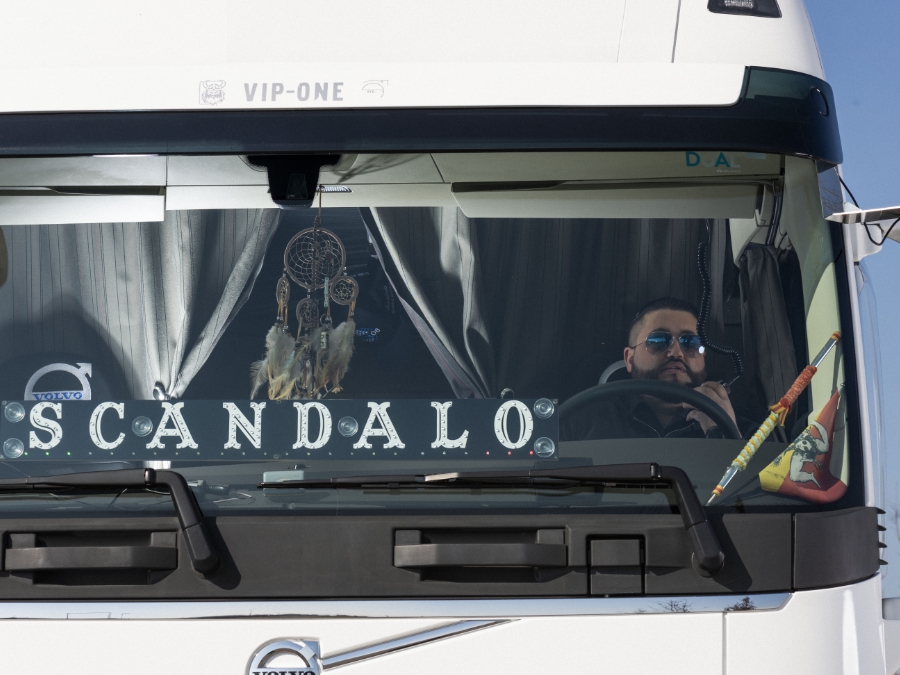
Let's go back to the beginning: "Break, break, 73 51 at wheel, pitch" are among the most frequently heard words when you tune in to a channel where truckers communicate.
What do they mean?
"Break, break" is the formula used to join a conversation. "73 51" means wishes, hugs, or kisses and hugs. "Ruota" refers to the group of participants in a conversation, so in this context, it means hugs and kisses for everyone. "Pitch" is the formula used to pass the floor to others.
There are also other highly used terms among truckers, including:
Roger or K, which means "okay" or "got it."
QRT, which means "I'm closing transmission."
QRX, which means "I'm busy but listening."
QSO, which means "connection" or "chat."
I copied, which means "I understood."
Mike, which means "microphone."
Modular, which means "to speak" (e.g., "I'm modulating on the CB").
Leave white, which means "to leave a pause before someone else joins the conversation."
Puffi, which means "the police."
Traback, which means "work."
Bailame, which means "confusion" (e.g., a channel is full of bailame).
25 and 50 respectively refer to "girlfriend" and "wife."
Gringhella, which means "young girl."
Heavy bar and light bar, which mean "big truck" and "small truck," respectively.
Battery charger, which means "stop to eat."
Transport lies, which means "transporting newspapers."
Baracchino... do we really need to specify the translation?
These are just some of the most commonly used terms in the language of truckers, but there are many more.
CB communication, is it still popular?
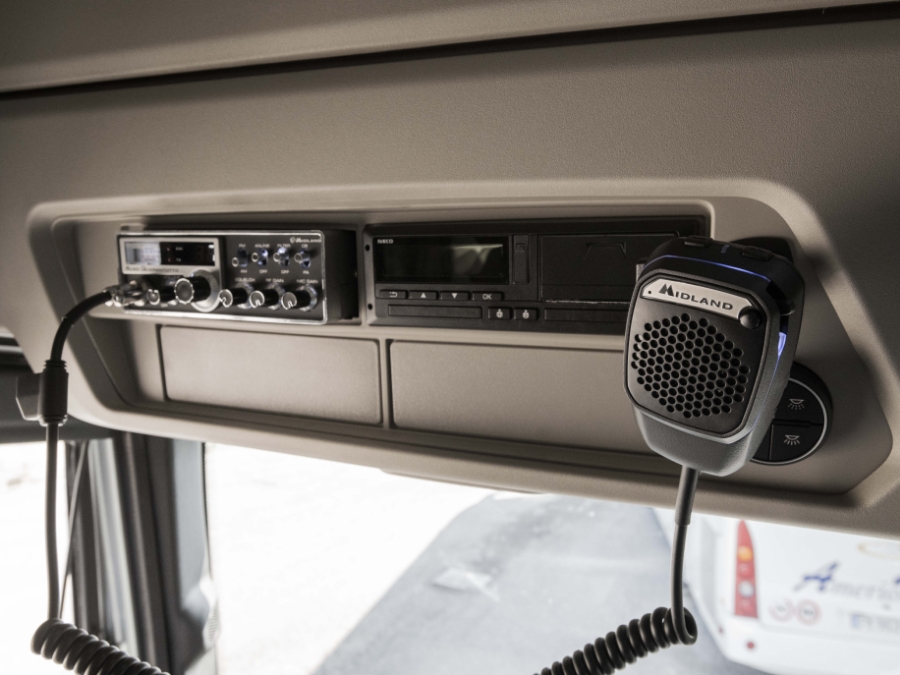
We can confidently say that CB radios were the ancestors of social media. Both were created to connect people and facilitate communication, the former through voice alone and the latter through images and text.
CB radio communication is still widespread and relevant, especially among those working in transportation because it meets a fundamental need for all human beings.
While social media may be surpassing any romance in communication these days, we must be honest (even if we're biased): communication through CB radios is still fascinating.
It's not uncommon to hear stories of people who have met through CB communication, found themselves on the same channel, started talking, and sparked a connection. These are stories of love but also lifelong friendships that begin with voices and distances and eventually lead to in-person meetings. This way, you get to know a person's substance first and only later, their form.
Spending entire days alone driving a truck can be tiring and sometimes boring. It's in these situations that communication among truckers becomes essential. Not only for companionship but also to help the driver stay alert. Therefore, CB radios also play a crucial role in road safety.
To achieve clear, crisp, and efficient communication with other trucker colleagues, having an excellent CB radio is more important than ever, like Alan Quarantotto: the quintessential "baracchino" and the king of CB radios.
Furthermore, over the last 30 years, Midland has developed other technologies that allow for simple, fast, efficient, and secure communication on the move, including the Alan 48 Pro, Alan 78 Pro, 88, and M30.
Whether you're a trucker with thousands of kilometers behind you or just starting your journey, we at Midland will always be by your side, kilometer after kilometer!
